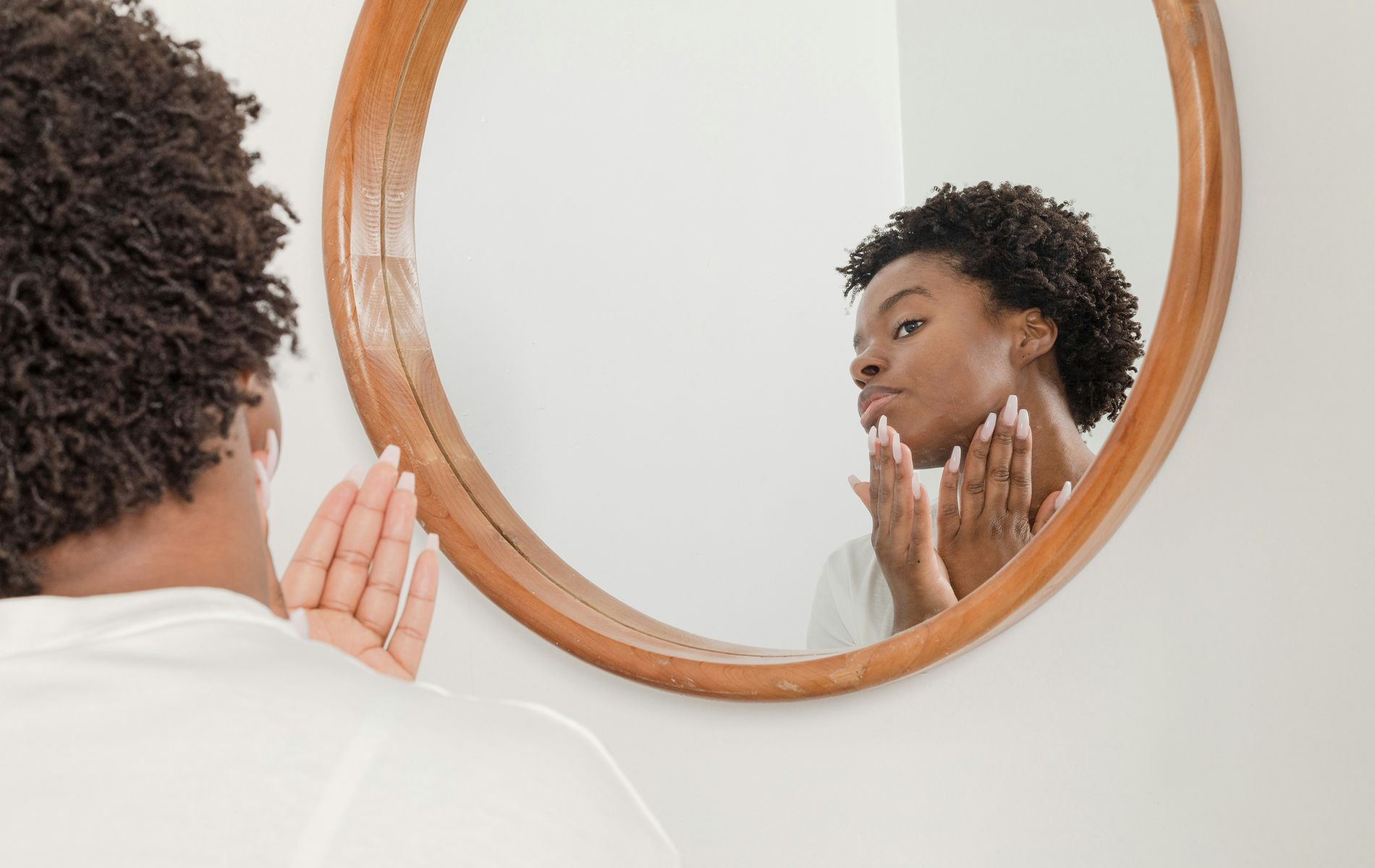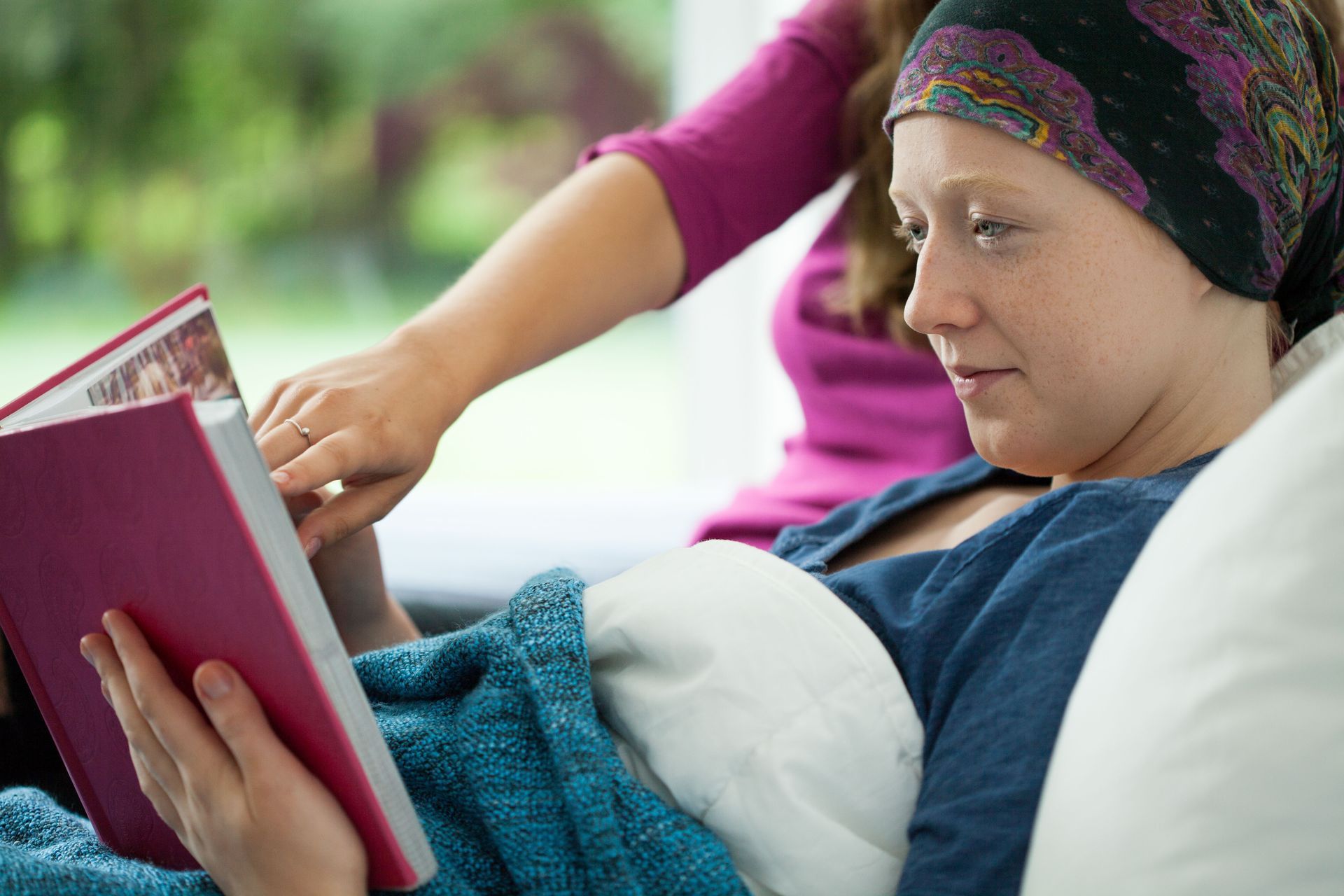Managing Skin Health After Radiation: What to Expect and How to Heal
Life After Radiation Treatment: Caring for Your Skin
Completing radiation therapy is a major milestone, but your skin may still need special care in the weeks—or even months—after treatment ends. Many patients experience lingering redness, dryness, peeling, or sensitivity, especially in areas that received a high dose of radiation. Post-radiation skincare is essential for continued healing, comfort, and confidence.
Why Skin Care Still Matters After Treatment
Radiation can damage the skin’s protective barrier, slow down cell turnover, and make the area more prone to irritation or infection. Even after therapy ends, your skin continues to recover at a cellular level. This makes gentle, consistent skincare important for helping it fully heal.
Cleanse Gently
Stick with a fragrance-free, non-foaming cleanser that won’t strip your skin of natural oils. Lukewarm water and soft cloths or your hands are best—no scrubbing or exfoliating tools, even if the skin is peeling.
Restore Moisture
Hydration supports the repair of damaged skin cells and reduces flaking or tightness. Moisturize at least twice a day with products formulated for compromised skin. Kureology M.D. specializes in skincare solutions that are safe and effective for post-radiation care. Their dermatologist-developed products can help calm irritation and replenish the skin barrier.
Shield Healing Skin from the Sun
Freshly treated skin is highly sensitive to UV rays. Continue to wear protective clothing and use a mineral sunscreen with SPF 30 or higher on exposed areas—even if you’re not spending long periods outside.
Monitor for Changes
Some skin issues can appear or worsen after treatment ends. Keep an eye on changes in color, texture, or sensation. If you notice persistent redness, pain, blistering, or signs of infection, consult your care team promptly.
Long-Term Care Tips
- Stay hydrated: Drink plenty of water daily to support skin from within.
- Eat skin-friendly foods: Incorporate vitamins A, C, and E, and omega-3 fatty acids.
- Avoid harsh skincare products: Say no to alcohol, synthetic fragrances, and chemical exfoliants.
- Be patient: Healing takes time. It’s normal for skin to take several weeks—or longer—to return to normal.
Trusted Skincare After Radiation
Kureology M.D. is committed to supporting skin recovery after cancer treatment. Their product line is specifically designed for people with sensitive, post-radiation skin. Whether you're experiencing residual irritation or just want to protect your healing skin, their gentle, effective formulations can make a big difference. Reach out today to begin healing.





Share On: